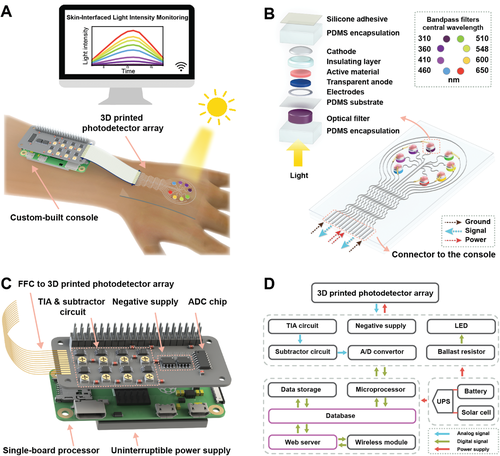ペンシルバニア州立大学が開発したシステムは、オフターゲット活性も減少させる。 Penn State-engineered system also reduces off-target activity
2022-09-07 ペンシルベニア州立大学(PennState)
CRISPR-Cas9は、clustered regularly interspaced short palindromic repeatsとCRISPR-associated protein 9の略で、科学者に遺伝コードの正確な位置を標的にしてDNAを変化させる能力を与え、新しい診断ツールを作り、病気の遺伝的原因を治療するために変異を修正する機会を提供する。
研究チームは、modRNAが、塩基編集など他の遺伝子編集技術を向上させる可能性があることも発見した。塩基編集は、CRISPRのように両鎖を切断するのではなく、タンパク質を使って1塩基を変化させることにより、遺伝子をノックアウトしたり、ゲノムの突然変異を修正したりすることができる。
<関連情報>
- https://www.psu.edu/news/engineering/story/new-approach-more-doubles-stem-cell-editing-efficiency-researchers-report/
- https://www.cell.com/cell-reports-methods/fulltext/S2667-2375(22)00172-2
ヒト多能性幹細胞におけるmodRNAベースのCas9またはベースエディタによるロバストゲノムエディティング Robust genome editing via modRNA-based Cas9 or base editor in human pluripotent stem cells
Tahir Haideri,Alessandro Howells,Yuqian Jiang,Jian Yang,Xiaoping Bao,Xiaojun Lance Lian
Cell Reports Methods Published:September 07, 2022
DOI:https://doi.org/10.1016/j.crmeth.2022.100290

Highlights
•Transfection of hPSCs with Cas9 modRNA yielded 90% transfection efficiency
•Gene editing of hPSCs via Cas9/p53DD modRNA yielded up to 84% knockout efficiency
•Cas9/p53DD modRNA method was better than plasmid- and RNP-based methods
•ABE8e modRNA achieved 5-fold knockout efficiency relative to the plasmid ABE8e
Motivation
Robust and efficient methods for knocking out genes in stem cells are indispensable in understanding the function of a gene during stem cell differentiation. Plasmid-based CRISPR systems can be used to generate gene knockouts, but the efficiency is low, and plasmid DNA may integrate into the genome and thus compromise genome integrity. We sought to develop non-integrating and efficient modified mRNA (modRNA)-based CRISPR systems (Cas9 or base editor) that can be used to achieve robust gene knockouts in both human embryonic stem cells and induced pluripotent stem cells to circumvent the challenges faced by plasmid-based CRISPR systems.
Summary
CRISPR systems have revolutionized biomedical research because they offer an unprecedented opportunity for genome editing. However, a bottleneck of applying CRISPR systems in human pluripotent stem cells (hPSCs) is how to deliver CRISPR effectors easily and efficiently. Here, we developed modified mRNA (modRNA)-based CRIPSR systems that utilized Cas9 and p53DD or a base editor (ABE8e) modRNA for the purposes of knocking out genes in hPSCs via simple lipid-based transfection. ABE8e modRNA was employed to disrupt the splice donor site, resulting in defective splicing of the target transcript and ultimately leading to gene knockout. Using our modRNA CRISPR systems, we achieved 73.3% ± 11.2% and 69.6 ± 3.8% knockout efficiency with Cas9 plus p53DD modRNA and ABE8e modRNA, respectively, which was significantly higher than the plasmid-based systems. In summary, we demonstrate that our non-integrating modRNA-based CRISPR methods hold great promise as more efficient and accessible techniques for genome editing of hPSCs.


